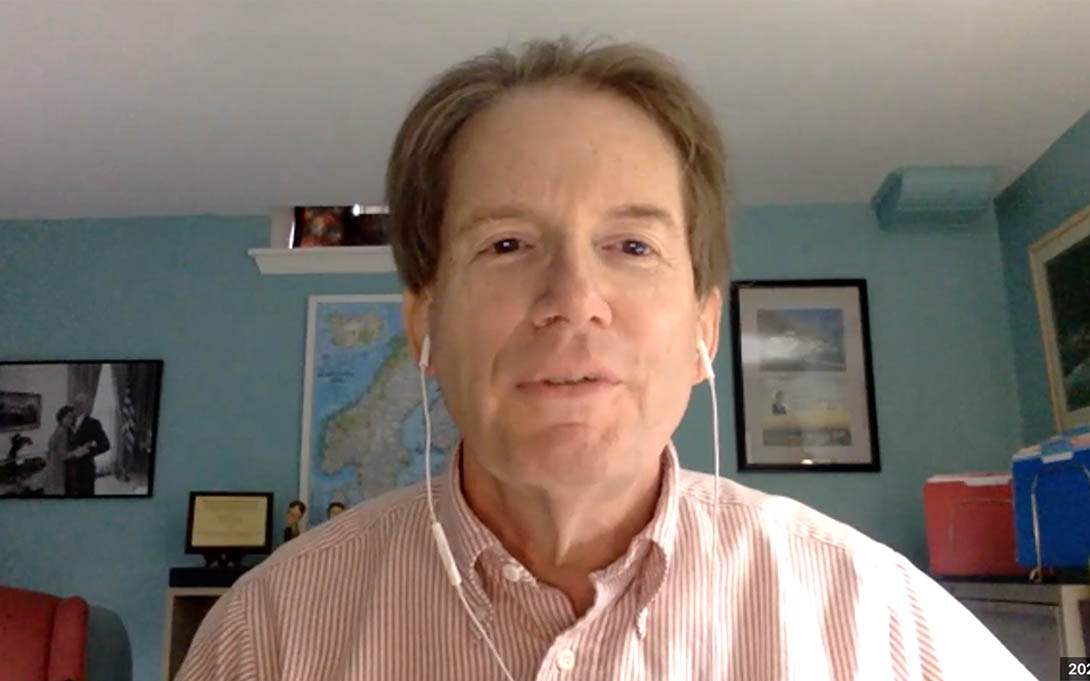
Ford School professor Barry Rabe is concerned about how a set of recent court decisions mean for new climate technologies.
In a commentary piece for Brookings, Rabe notes that while the U.S. has been a world leader in accelerating the transition away from hydrofluorocarbons (HFCs), a recent federal court decision ruled that the Environmental Protection Agency (EPA) lacked explicit authority to use new technologies to combat smuggling. The D.C. Circuit of the U.S. Court of Appeals ruled that the EPA could not ban disposable containers for transporting coolant chemicals or deploy QR tracking codes to monitor their whereabouts. ”This case may foreshadow further judicial micro-management of agency efforts to interpret statutes, including future cases where technology is emerging to achieve significant environmental and climate gains,” Rabe explained.
HFCs, often used in cooling systems such as air conditioners, are a major climate pollutant. Given the court’s decision, “the U.S. may squander an opportunity to lead globally on reducing releases of a major climate contaminant.” Rabe highlighted. “The decision also underscores the imperative to restore the U.S. Office of Technology Assessment.”
Appearing in an episode for the podcast TechTank, Rabe emphasized the point that recent and future court decisions on climate technologies are problematic for environmental enforcement. “This poses a really significant potential threat to not only domestic policy in the United States, but also how the U.S. engages and relates with its international trade partners,” Rabe said.
Court limits technology use in climate protection case, Brookings, July 27, 2023
Will Courts Allow Technology to Mitigate Climate Change?, TechTank, August 14, 2023
